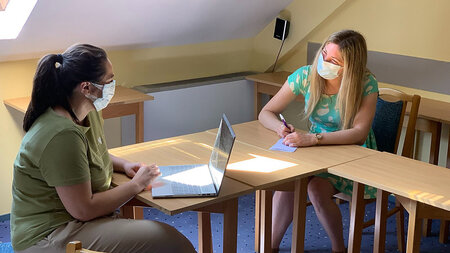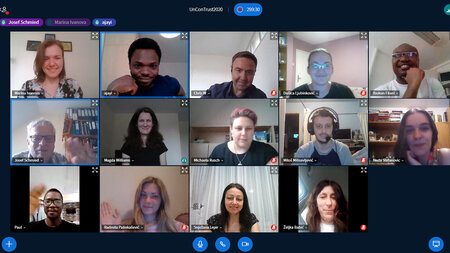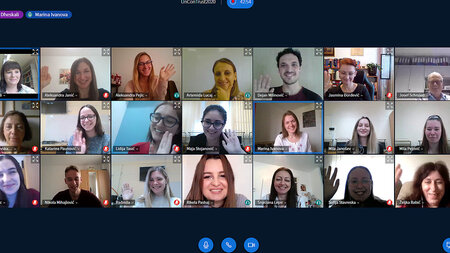Academic Writing Workshop for Young Academics in Africa: The Journal Article
This is a project supported by the Volkswagen Foundation in Germany through their programme for Africa.
Content & concepts:
Academic writing is the formal, acceptable or appropriate way of communicating knowledge in the academy, in particular the institutions of advanced learning such as universities and other tertiary educational establishments. It is a province with characteristics that must be acquired for writing and publishing papers. Hyland (2006,pp.1-2) notes that the complexity of academic writing involves more than simply controlling linguistic errors or polishing styles; rather, it entails “the ways that individuals use language to align themselves with particular communities, to display their competence, to persuade others to accept their ideas, and to ring fence and protect their interests”. This type of literacy requires expert knowledge and thus demands formal teaching, training and practice because it is a developmental skill.
One of the genres of academic writing is the journal article which serves the primary purpose of reporting scholarly work and communicating knowledge. As a genre, it has its own rhetoric and other structural conventions. Talking about the rhetorical tradition of the article, Nkemleke (2011:1) describes the language of international article as “not too direct to be considered brusque or dogmatic, and at the same time not too tentative to be judged as equivocal, diffident or naïve”. In terms of its content, he further observes, “academic papers will have to be sufficiently innovative and the channel of delivery of such content will have to be persuasive and attuned to the practices of the science community, for it to ‘sell’.
Often, becoming a member of the community of academic writers is generally challenging for young academics but much more for the non-native users of English. For them, it requires extensive learning and practice. In many cases, young academics have to be ‘introduced’ or ‘initiated’ into this community by experienced writers who are senior academics. This is simply because academic English has its own generic conventions and membership of the community requires a mastery of those conventions.
However, in many African countries academic writing has not attracted sufficient attention even though research suffers significantly in these regions. As a result, in comparison to academics in the North, African academics have contributed less significantly to international scholarship. A greater awareness of, and an enhanced competence in, academic writing could increase academic productivity in Africa and boost their social relevance in the continent and internationally. This workshop provides the platform for the acquisition of this skill, and the strengthening of both South-South and North -South collaboration in knowledge making.
The project consists of four parts:
- a pre-workshop collection of research proposals (by March 1st),
- a workshop in Benin City April 16-21, in which experienced mentors will guide all participants towards a journal article based on their own research project,
- a post workshop to collect all final materials (by August 1st) as down-loads from this webpage and in a cloud and
- a related publication in our series (by November 1st), REAL15: Graduate Academic Writing for Africa: the Journal Article. (working title)
The project focus is on PhD students and each international mentor will bring their own students, but also contribute to the discussions with other participants.
Expected outcomes:
1. a completed journal manuscript by each participant
2. enhanced research visibility through increased participation in conferences
3. higher productivity in article publication in prestigious journals
4. building of research networks through south-south and North-South collaboration
5. establishment of mentoring relationships, and
6.an edited book containing articles written by the workshop participants.
Josef & Alex




